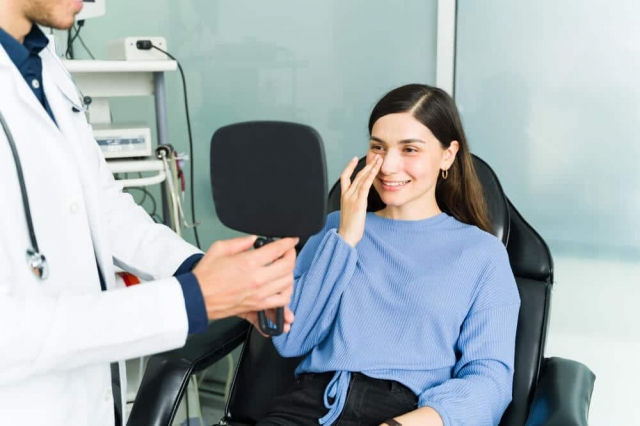Plastic surgery has become increasingly popular as a way to enhance physical appearance or address medical conditions. While the results can be transformative, the recovery process plays a crucial role in achieving the best outcomes. If you're preparing for a procedure, knowing how to recover effectively can make all the difference. Here are seven essential tips to help you navigate your recovery journey after plastic surgery.
1. Plan your recovery in advance
Proper planning can set the stage for a smoother recovery. Before your surgery, have a detailed conversation with a top plastic surgeon about the recovery process. Understand what to expect, follow their recommendations, and ask questions about post-operative care. Stock up on essentials like groceries, hygiene products, and medical supplies so you don't have to run errands during your downtime. Preparing your home for comfort, with pillows or blankets if necessary, can also be helpful.
2. Prepare easy-to-digest foods
After surgery, you might not feel like cooking or eating heavy meals. Fill your fridge and pantry with simple, nutritious options that require minimal preparation. Include foods that are gentle on the stomach, as some people experience nausea from anesthesia or pain medications. Options like crackers, rice, applesauce, bananas, and ginger ale can help ease any queasiness. Staying hydrated with plenty of water is also crucial for preventing dehydration and supporting your body's healing process.
3. Review your medications
Make sure your surgeon is aware of all medications and supplements you're currently taking. Certain drugs, like aspirin or blood thinners, might need to be paused before surgery as they can increase the risk of complications. Discuss other medications, including those for pain, anxiety, or chronic conditions, to ensure they won't interfere with your procedure or recovery. Follow your surgeon's instructions regarding when to stop or resume these medications.
4. Manage stress and focus on relaxation
Stress can slow down the healing process. Use your recovery period as an opportunity to relax and recharge. Activities like reading, listening to calming music, practicing yoga, or meditating can help reduce stress and promote well-being. Aromatherapy with scents like lavender may also provide relaxation and mild pain relief. Creating a calming environment at home can make your recovery more enjoyable.
5. Stay active—but gently
While rest is critical in the initial days after surgery, complete inactivity can hinder your recovery. Gentle movement improves blood circulation, reduces the risk of blood clots, and supports healing. Start with light activities, like walking around your home for a few minutes every hour, or doing mild stretches as advised by your doctor. Avoid strenuous exercise or heavy lifting until your surgeon gives you the green light.
6. Keep communication open with your surgeon
Post-operative follow-ups are an important part of recovery. Keep your phone close to ensure you don't miss any calls from your surgeon or their office. Use these check-ins to discuss your progress, ask questions, or share any concerns about your recovery. If you notice anything unusual, such as increased pain, swelling, or signs of infection, don't hesitate to reach out to your surgeon immediately.
7. Quit smoking
If you smoke, it's essential to stop at least a few weeks before and after your surgery. Smoking impairs blood flow and slows the healing process, increasing the risk of complications. Nicotine constricts blood vessels, which can delay tissue repair and affect the overall outcome of your procedure. If you need help quitting, talk to your doctor about resources and support to ensure a healthier recovery.
The bottom line
Recovering from plastic surgery requires patience, preparation, and following your surgeon's advice. By planning ahead, maintaining open communication with your healthcare provider, and adopting healthy habits, you can promote faster healing and achieve the best possible results. Remember, recovery is a crucial part of your surgical journey, so take the time to care for your body and allow it to heal properly. If you have any doubts or concerns, always consult your surgeon for guidance.






